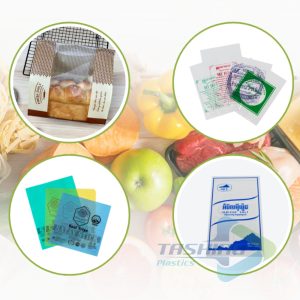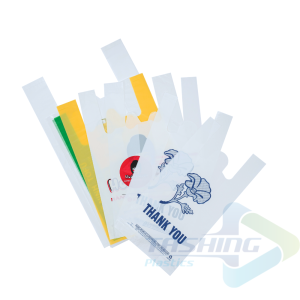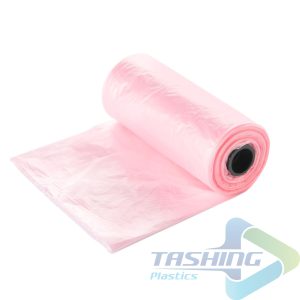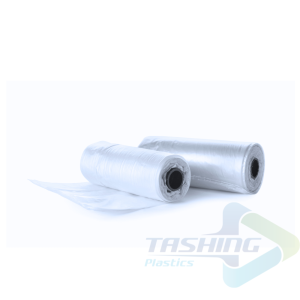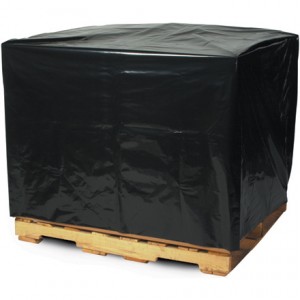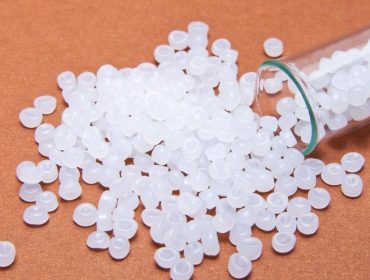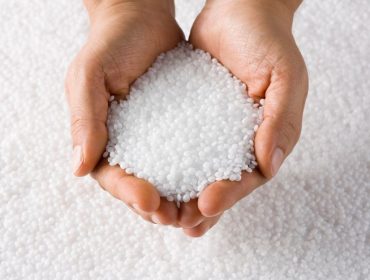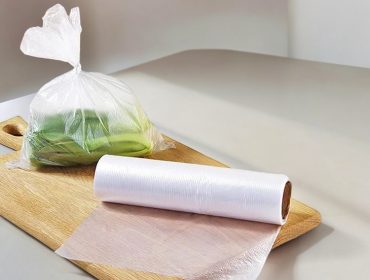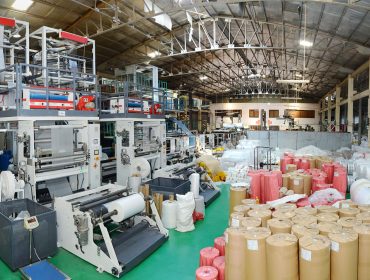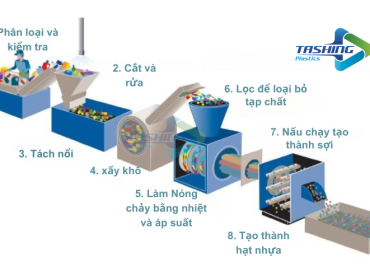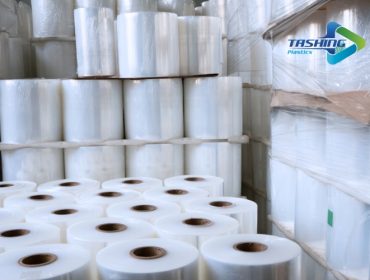The Process of Producing Recycled Plastic Pellets
27/04/2025In recent years, the concept of recycled plastic resin has become increasingly familiar in society. With growing pressure from environmental organizations and shifting consumer awareness, recycled plastic resin is gradually establishing its vital role. In this article, we will take a closer look at recycled plastic resin, including its production process, benefits, and applications.

Definition of Recycled Plastic Resin
Recycled plastic resin refers to plastic pellets produced through the recycling of used plastics. This process typically involves collecting, sorting, cleaning, and shredding old plastic products before reprocessing them into new resin pellets. Recycled plastic can be used to manufacture a wide range of new products, from packaging materials to everyday household items.
Using recycled plastics not only helps reduce the volume of plastic waste but also contributes to environmental protection by lowering the demand for virgin plastic, which in turn reduces pressure on natural resources. Recycled plastic resin also offers economic benefits, as its production cost is generally lower than that of virgin plastic, while supporting the development of a circular economy.
Difference Between Recycled Plastic and Virgin Plastic
Virgin plastic is made directly from raw materials, such as petroleum. In contrast, recycled plastic is the result of a recycling process. The difference between the two lies not only in their source materials but also in their production methods.
Recycled plastic generally has a lower environmental impact than virgin plastic because it minimizes the extraction of natural resources. Through the recycling process, it helps reduce plastic waste and contributes to the protection of our living environment.
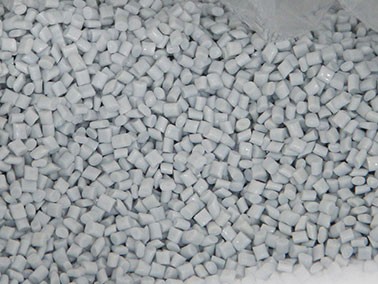 | 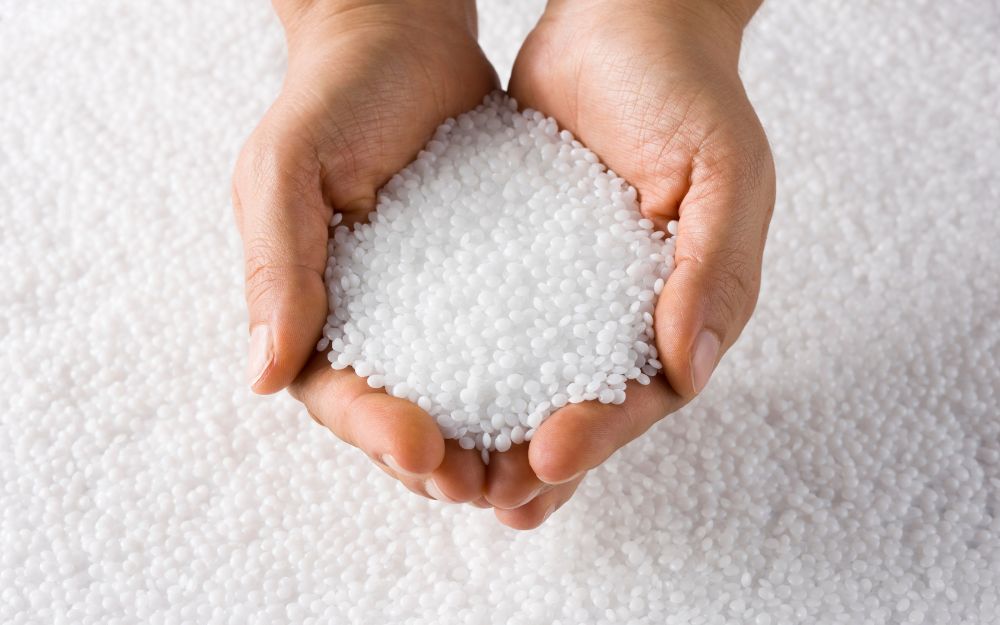 |
Origin of Recycled Plastic Resin
Recycled plastic resin comes from a wide variety of sources. It can be collected from used plastic products such as bottles, plastic bags, and even household items. This waste must be properly sorted and processed to ensure it can be recycled into high-quality resin.
Thanks to the diversity of its sources, recycled plastic is highly adaptable to different manufacturing needs — from food packaging to everyday consumer products.
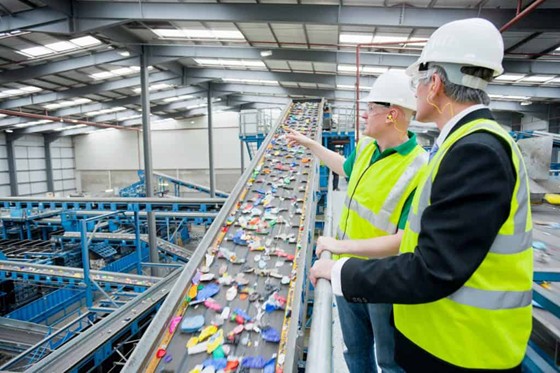
Recycled Plastic Resin Production Process
The production of recycled plastic resin involves more than just recycling — it includes a series of complex steps to ensure the final product meets quality standards. Below are the main stages of the recycled plastic resin manufacturing process:
1. Collection and Sorting of Plastic Waste
The first step is the collection and sorting of plastic waste. This is crucial because not all types of plastic can be recycled. Proper sorting increases the efficiency of the recycling process and enhances the quality of the resulting plastic resin.
Plastic waste is typically collected from recycling centers, supermarkets, and residential areas. Once collected, plastics are sorted by resin identification codes (usually labeled from 1 to 7) to facilitate proper processing.
2. Cleaning and Processing Waste
After sorting, the plastics must be thoroughly cleaned and processed. This involves removing impurities, dirt, and other contaminants. Cleaning is a critical step — if not done properly, leftover impurities can compromise the quality of the recycled plastic.
This cleaning process may involve hot water, chemical solutions, or even ultrasonic waves to ensure all contaminants are completely removed.
3. Shredding and Recycling
Once cleaned, the plastic waste is shredded into smaller pieces. Shredding increases the surface area, making the recycling process more efficient.
The shredded plastic is then fed into a recycling machine, where it is melted down and reformed into recycled plastic pellets. Temperature control during this stage is essential to preserve the chemical properties of the plastic and ensure product consistency.
Additives and Final Product Finishing
Finally, once the plastic pellets have been formed, additives are often introduced to enhance their properties. These additives can improve durability, UV resistance, or the flexibility of the resin.
After additives are incorporated, the recycled plastic pellets are packaged and distributed to the market. These finished products can then be used across various industries, from packaging to construction.
Common Types of Recycled Plastic Resin
There are various types of recycled plastics, each suited for specific industrial applications. Below are some of the most commonly used types:
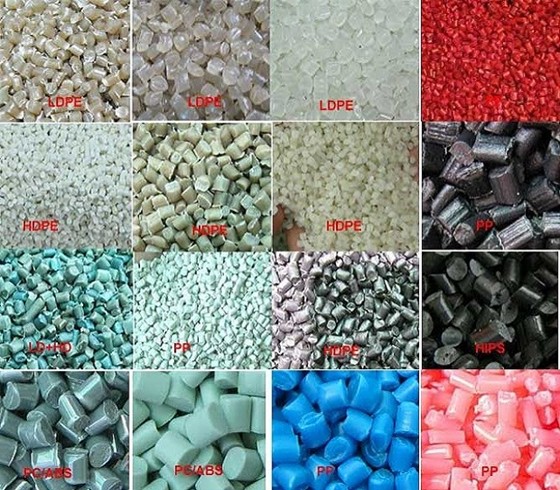
Recycled HDPE Resin
HDPE (High-Density Polyethylene) is one of the most commonly recycled plastics. Recycled HDPE pellets are often used in the production of water bottles, household items, and storage containers.
HDPE resin is known for its high strength, impact resistance, and ability to withstand high temperatures, making it a popular choice for various applications.
Recycled LDPE Resin
LDPE (Low-Density Polyethylene) is typically used to produce plastic bags, food wrap, and other flexible products.
Recycled LDPE is valued for its flexibility and water resistance, making it ideal for packaging applications.
Recycled PP Resin
PP (Polypropylene) is a recycled plastic known for its excellent heat resistance and corrosion resistance. Recycled PP is commonly used in the production of plastic containers, construction materials, and a variety of consumer products.
Its versatility makes PP resin a top choice for many manufacturers.
Recycled PET Resin
PET (Polyethylene Terephthalate) is widely used for manufacturing plastic bottles and food packaging. Recycled PET pellets are typically made from recycled plastic bottles.
PET resin is durable, resistant to environmental stress, and can be recycled multiple times, helping to reduce plastic waste.
Advantages of Recycled Plastic Resin
Using recycled plastic offers numerous benefits not only to manufacturers but also to the environment. Below are some of the key advantages of recycled plastic resin:
1. Reduces Environmental Pollution
One of the most significant benefits of recycled plastic resin is its ability to reduce environmental pollution. By using recycled resin, we not only cut down on the volume of plastic waste but also lower emissions associated with the production of virgin plastic.
This is especially important in today’s context, where the growing amount of plastic waste poses serious threats to human life and natural ecosystems.
2. Conserves Natural Resources
Recycled plastic resin helps conserve natural resources by decreasing the demand for virgin plastic production. This means less extraction of petroleum and other raw materials, contributing to the preservation of resources for future generations.
Reducing the exploitation of natural resources benefits the environment and supports the development of a more sustainable economy.

3. Reduces Production Costs
Recycled plastic resin is generally more affordable than virgin plastic. By using recycled resin, businesses can lower their production costs, making their operations more cost-effective and competitive in the marketplace.
This cost advantage encourages more companies to adopt recycled materials, thereby driving the growth of the recycling industry and promoting sustainable manufacturing practices.
Applications of Recycled Plastic Resin in Various Industries
Recycled plastic resin has a wide range of applications in everyday life and across various industries. Below are some prominent examples:
1. Packaging Industry
The packaging industry is one of the most common sectors that uses recycled plastic. Products made from recycled plastic not only help reduce environmental pollution but also meet the growing consumer demand for sustainable solutions.
Food Packaging: Recycled plastic is often used in the production of secondary packaging or for dry food products. This ensures that food safety is maintained while minimizing the need for new plastic production. Using recycled plastic helps reduce the overall amount of virgin plastic needed, while still maintaining consumer safety.
Non-Food Packaging:
In addition to food packaging, recycled plastic is also used for packaging non-food products such as cosmetics, chemicals, electronics, and various other goods. This not only helps conserve materials but also contributes to reducing environmental pollution.
Bags and Cartons:
Many companies are now using recycled plastic to produce bags and cartons. Products made from recycled plastic are not only environmentally friendly but also have excellent load-bearing capacity and high durability.
Bottles and Jars:
Recycled plastic is commonly used to produce drink bottles, spice jars, and various other types of packaging. This helps reduce the need for natural resource extraction and raises awareness about environmental protection.
Wraps and Plastic Bags:
Recycled plastic products such as wraps and plastic bags are also very popular. These can be used in manufacturing and transportation industries to protect products from dust and moisture.
Packaging products made from recycled plastic are generally known for their high durability, good moisture resistance, and environmental friendliness.
Construction Industry
In the construction industry, recycled plastic is used to produce building materials such as roofing tiles, panels, and interior decor products.
The use of recycled plastic not only helps reduce plastic waste but also brings economic benefits to construction contractors.
Textile Industry
Recycled plastic resin is also used in the textile industry to produce recycled polyester fibers. These fibers are used to make clothing, sportswear, and other textile products.
This not only helps protect the environment but also creates sustainable fashion products that attract environmentally conscious consumers.
Household Goods Manufacturing
Beyond the industries mentioned above, recycled plastic resin is widely used in the production of household goods. Products such as plastic chairs, tables, and children’s toys can all be made from recycled plastic resin.
The increasing variety and higher quality of recycled plastic products provide consumers with more eco-friendly choices.
Challenges in Using Recycled Plastic Resin
Despite its many advantages, using recycled plastic also presents some challenges. Below are a few issues that need to be considered:
1. Quality and Consistency
One of the biggest challenges with recycled plastic is maintaining consistent quality and stability. Not all recycled plastics have uniform quality, which can affect the final product’s performance.
To address this issue, manufacturers need to implement strict quality control processes to ensure that the recycled plastic meets the required technical standards.
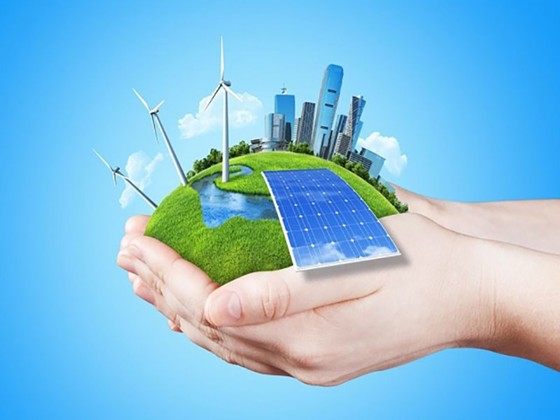
2. Waste Sorting and Processing Issues
Proper sorting and processing of plastic waste remains a significant challenge. If plastics are not sorted correctly, recycling becomes difficult and inefficient.
Therefore, there is a need for awareness campaigns and education programs to inform the public about the importance of sorting plastic waste.
3. Consumer Awareness
Consumer awareness about recycled plastic also plays a crucial role. While more consumers are becoming interested in eco-friendly products, a large portion of the population is still unaware of the benefits of recycled plastic.
Strong advocacy campaigns are needed to raise awareness and encourage consumers to choose recycled plastic products.
Cost Comparison Between Recycled Plastic and Virgin Plastic
Comparing the costs between recycled plastic and virgin plastic is a crucial issue in the plastic industry, especially as more businesses and consumers move towards environmental protection.
1. Production Costs
Virgin Plastic: Virgin plastic is produced from raw materials like petroleum and natural gas. The production cost of virgin plastic is usually higher due to the extraction, processing, and transportation of these raw materials.
Recycled Plastic: Recycled plastic is produced by processing used plastic products. Production costs for recycled plastic can be lower compared to virgin plastic because it eliminates the need for raw material extraction and processing. However, the cost also depends on the recycling process and the quality of the recycled materials.
2. Environmental Costs
Virgin Plastic: Virgin plastic has a higher environmental cost due to the pollution generated during production, and the significant energy and natural resources required.
Recycled Plastic: Recycled plastic helps reduce environmental impact by minimizing plastic waste and the consumption of new raw materials.
3. Long-Term Costs
Over the long term, using recycled plastic can save businesses money by reducing waste disposal costs and enhancing the brand image through commitment to environmental protection.
However, if the recycled plastic market is unstable or prices fluctuate, this could increase costs for manufacturers.
4. Product Quality
Virgin plastic is often preferred for certain applications because it ensures high-quality, uniform consistency.
Recycled plastic may face challenges with quality if the recycling process is not properly done, but advancements in technology are improving this situation.
In summary, comparing the costs of recycled plastic and virgin plastic is not just an economic issue but also involves social responsibility and environmental protection. As a result, many businesses are carefully considering their options between the two types of plastic.
Conclusion
Recycled plastic pellets are not just a product; they play a crucial role in the fight against plastic waste. With many notable advantages, recycled plastic pellets help reduce environmental pollution and conserve natural resources.
The future of recycled plastic pellets looks bright, as more consumers and businesses are becoming aware of the importance of environmental protection. By participating in this movement, we not only contribute to our own well-being but also to the future generations.

